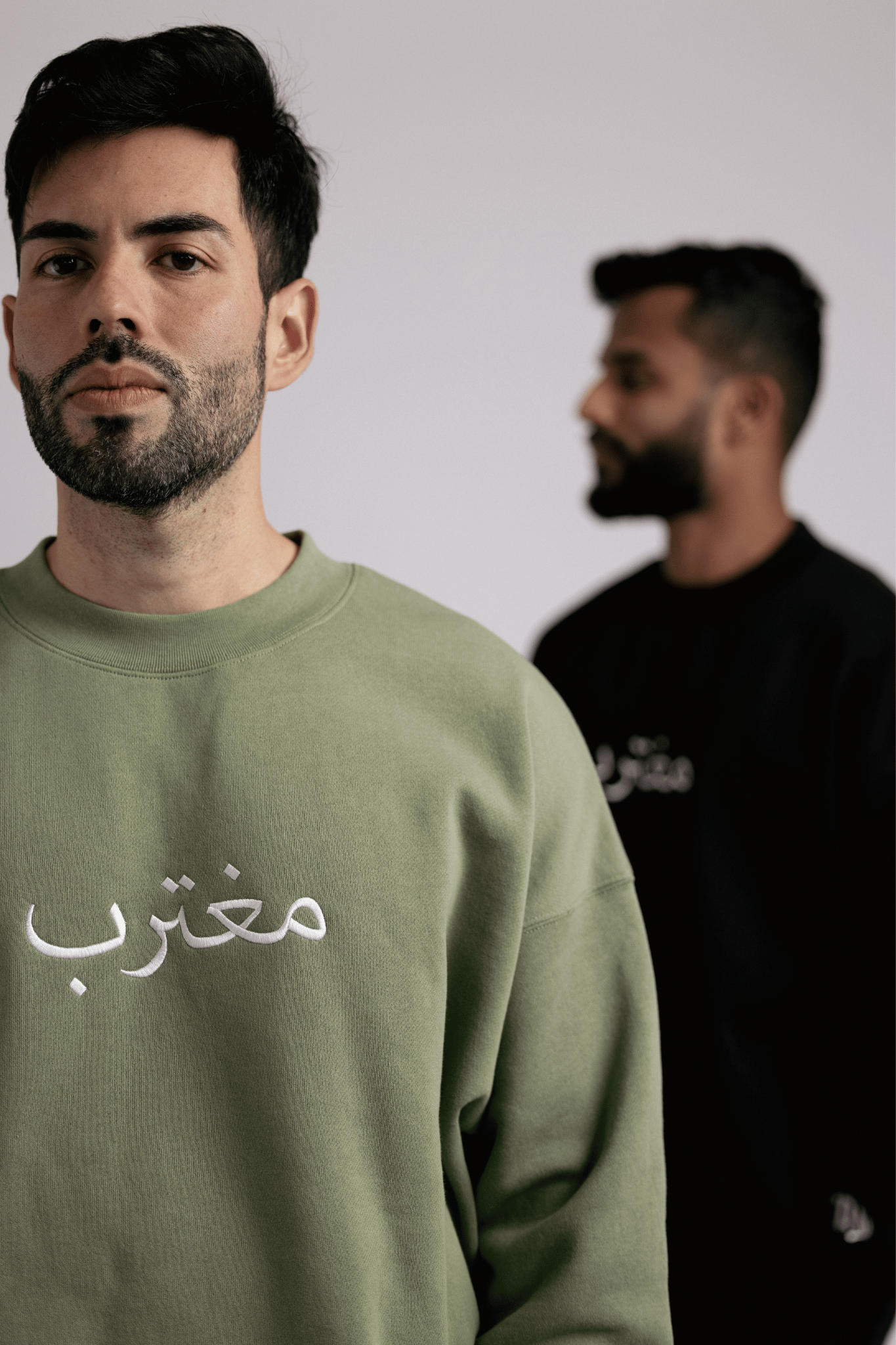Understanding Third Culture Kids: Definition and Real-Life Cases
Share
In our increasingly globalized world, the concept of identity and belonging is becoming more complex, particularly for those who grow up in multiple cultural environments. One fascinating group that exemplifies this complexity is "Third Culture Kids" (TCKs). Whether you're familiar with the term or encountering it for the first time, this blog post will delve into what it means to be a TCK, explore some real-life cases, and discuss the unique challenges and strengths that come with this background.
What is a Third Culture Kid (TCK)?
A Third Culture Kid (TCK) refers to an individual who spends a significant part of their developmental years outside their parents' culture. Unlike traditional migrants who often assimilate into a new culture, TCKs live in a cultural space that's neither their parents' culture (first culture) nor the culture of the country in which they are raised (second culture). Instead, they create a "third culture" that blends elements of both.
This concept was first introduced by sociologist Ruth Hill Useem in the 1950s. The "third culture" is not a specific geographical or national identity but rather a shared experience among people who have lived in multiple cultural environments during their formative years. TCKs often feel a sense of belonging with other TCKs, regardless of their specific cultural backgrounds, because of their shared experiences of mobility, adaptation, and cultural fluidity.
Characteristics of Third Culture Kids
TCKs often share several common characteristics, which can shape their identities in unique ways:
- Adaptability and Flexibility: Having moved between cultures, TCKs are often highly adaptable and able to navigate new environments with ease. They are skilled at adjusting to new social norms, languages, and expectations.
- Global Mindset: Growing up in diverse cultural settings often gives TCKs a broader perspective on global issues. They tend to be open-minded, tolerant, and empathetic towards people from different backgrounds.
- Sense of Rootlessness and Restlessness: While TCKs may excel at adapting to new environments, they may also struggle with a sense of rootlessness. The question "Where are you from?" can be difficult to answer, as TCKs may feel they belong everywhere and nowhere simultaneously.
- Cultural Chameleons: TCKs are often skilled at blending into various cultural settings, sometimes altering their behavior, language, or even identity depending on the context.
Real-Life Cases of Third Culture Kids
- Barack Obama: One of the most famous examples of a TCK is former U.S. President Barack Obama. Born to a Kenyan father and an American mother, Obama spent part of his childhood in Indonesia before moving back to Hawaii. His multicultural upbringing influenced his worldview, contributing to his ability to connect with diverse groups of people.
- Freddie Mercury: The legendary lead singer of Queen, Freddie Mercury, was also a TCK. Born in Zanzibar to Indian Parsi parents, he attended boarding school in India before moving to England. His multicultural background played a significant role in shaping his artistic identity and global appeal.
- Yo-Yo Ma: World-renowned cellist Yo-Yo Ma was born in Paris to Chinese parents and later moved to the United States. His diverse upbringing and exposure to different cultures profoundly influenced his music, blending Western and Eastern traditions in his performances.
- Mia Hamm: Soccer legend Mia Hamm spent her childhood moving between the United States and various countries due to her father's military career. Her experience of living in different cultural settings helped her develop resilience and adaptability, traits that contributed to her success on the international sports stage.
Challenges and Benefits of Being a TCK
While growing up as a TCK comes with many advantages, it also presents unique challenges:
- Identity and Belonging: TCKs may struggle with a sense of identity, as they don't fully identify with any one culture. This can lead to feelings of loneliness or alienation, particularly during adolescence when the need for belonging is strong.
- Rootlessness: The frequent moves and cultural transitions can make it difficult for TCKs to establish a sense of home. This rootlessness may persist into adulthood, with many TCKs continuing to move frequently or feel restless in one place.
- Emotional Resilience: On the positive side, TCKs often develop strong emotional resilience due to their experiences of change and adaptation. They learn to cope with uncertainty, build new relationships quickly, and navigate complex cultural dynamics.
- Cross-Cultural Skills: TCKs are often highly skilled in cross-cultural communication, making them valuable in globalized workplaces. Their ability to understand and bridge cultural differences is a significant asset in our interconnected world.
Conclusion
Third Culture Kids are a unique and diverse group of individuals who embody the complexities of growing up in a globalized world. While they may face challenges related to identity and belonging, they also possess valuable skills and perspectives that enrich their personal and professional lives. As the world continues to become more interconnected, the experiences and insights of TCKs will undoubtedly play a crucial role in fostering understanding and collaboration across cultures.





